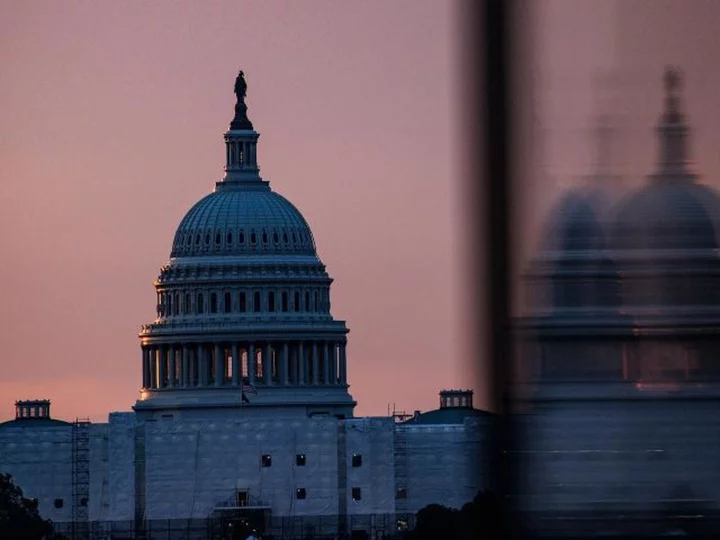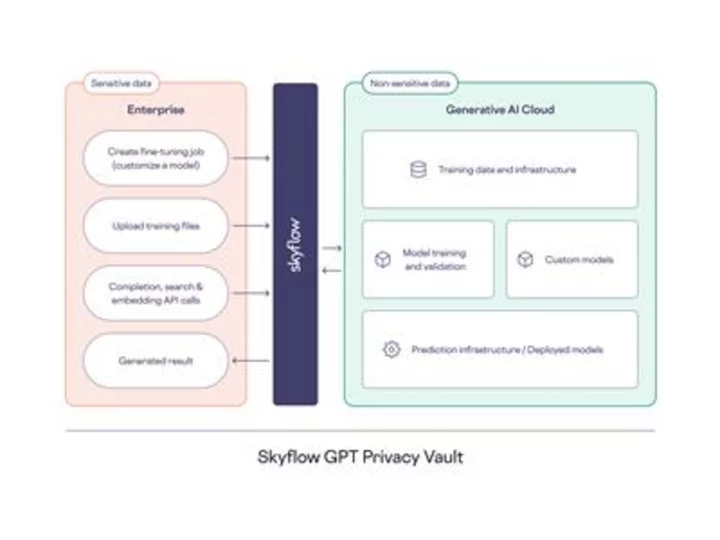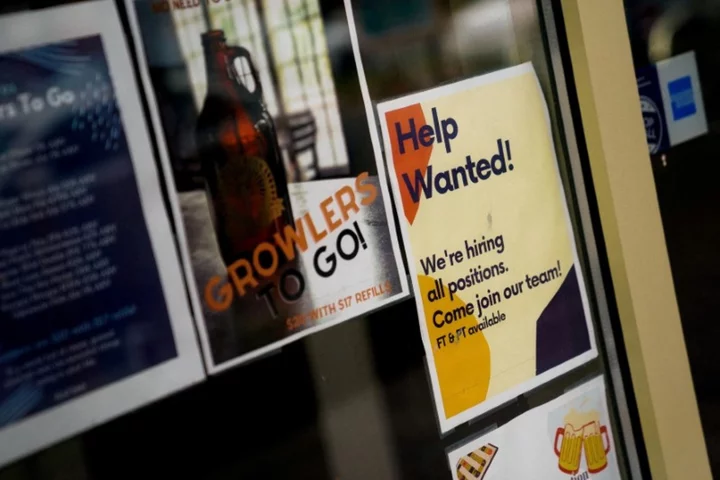America's mountain of debt is poised to climb to new heights later this decade even after Republicans and Democrats reached a deal to chip away at the federal deficit.
US debt held by the public will climb to a record high of 107% of the gross domestic product in 2029, the nonpartisan Congressional Budget Office projected on Wednesday. That's up from 98% of GDP at the end of this year.
In other words, the amount of money the United States owes will significantly exceed the size of its economy.
The projection comes despite the bipartisan debt ceiling deal hailed by its backers as a major deficit reducer. The CBO has previously said that package, called the Fiscal Responsibility Act of 2023, is expected to reduce federal deficits by $1.5 trillion over the next 10 years.
In 2029, debt held by the public will total about $36 trillion, or $104,300 per person, according to the Committee for a Responsible Federal Budget, a non-profit public policy organization. That's up from $25.4 trillion in debt today. Over the longer term, US debt is forecasted to explode further.
Debt held by the public is expected to hit 181% of GDP in 2053, far exceeding any previous record. Despite the eye-popping figure, it's an improvement from the CBO's May forecast predicting it to reach 195% of GDP that year.
Still, the CBO warns of significant ramifications.
"Such high and rising debt would slow economic growth, push up interest payments to foreign holders of US debt and pose significant risks to the fiscal and economic outlook," the CBO said. "It could also cause lawmakers to feel more constrained in their policy choices."
The CBO's 2053 projection translates to debt held by the public to hit $144 trillion, not adjusted for inflation, according to Chris Towner, policy director at the Committee for a Responsible Federal Budget. Towner noted, however, that the economy will also be about three times as large as it is today.
To put it another way: US debt in 2053 could equal about $384,700 per person, compared to $75,700 today, according to Towner.
The gap between spending and revenue will be driven by rising interest costs and growth in spending on Social Security and major health care programs, including Medicare and Medicaid.
Additionally, the cost of financing America's mounting debt is expected to surge.
By 2053, interest on the debt will represent 35% of revenue, "creating a huge financial hole and significantly reducing our ability to invest in national priorities," said Michael Peterson, CEO of the Peter G. Peterson Foundation, a non-profit focused on long-term fiscal sustainability issues.









